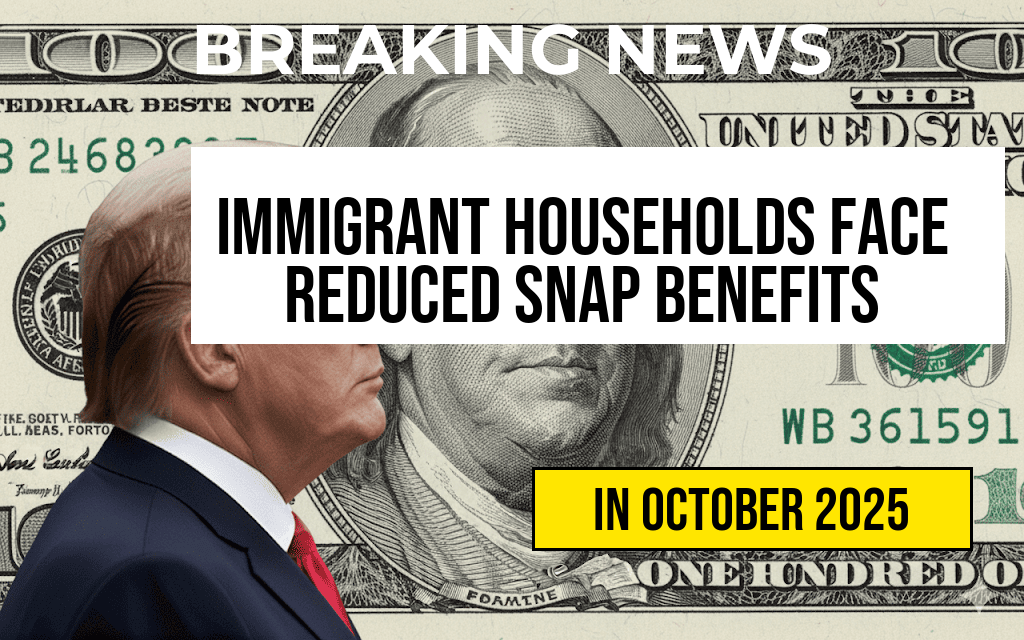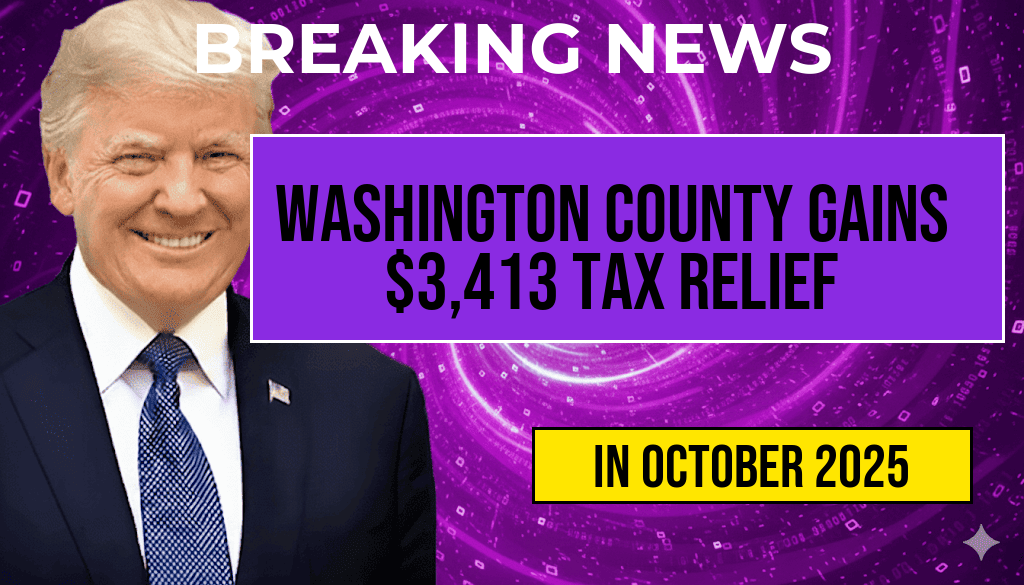Immigrant households relying on the Supplemental Nutrition Assistance Program (SNAP) are facing significant reductions in benefits amid recent policy shifts, potentially losing up to $4,000 annually per household. This development follows a series of federal and state-level changes aimed at tightening eligibility criteria, particularly targeting non-citizen residents. As a result, thousands of immigrant families may be forced to navigate increased food insecurity and financial hardship. Advocacy groups warn that these reductions could exacerbate existing disparities, impacting children and vulnerable populations the most. Meanwhile, policymakers argue that the measures are necessary to ensure the program’s sustainability and to direct resources toward U.S. citizens. The evolving landscape underscores ongoing debates over immigration policy, public welfare, and the social safety net in America.
Background on SNAP and Immigration Policies
The Supplemental Nutrition Assistance Program is the federal government’s primary tool for combating food insecurity among low-income Americans. Administered by the U.S. Department of Agriculture (USDA), SNAP provides monthly benefits that help eligible households purchase groceries. Historically, eligibility for SNAP has been contingent on income, household size, and immigration status, with non-citizens facing additional restrictions.
Recent policy changes, including the 2018 Farm Bill and subsequent state-level implementations, have limited access for certain immigrant populations. The Biden administration attempted to relax some restrictions to expand coverage, but a series of legal challenges and legislative actions have reversed or curtailed these efforts. Currently, many non-citizen residents, especially those without permanent legal status, are ineligible or face reduced benefits, creating disparities within the program.
Scope of Benefit Reductions
Analyses suggest that immigrant households affected by these policy shifts could see reductions averaging around $4,000 annually in their SNAP benefits. This estimate is based on recent data from advocacy groups and state agencies, which show that households with mixed immigration statuses are losing access to the full extent of benefits they previously received.
| Household Type | Previous Average Benefits | Current Estimated Benefits | Annual Reduction |
|---|---|---|---|
| Mixed-status households | $6,000 | $2,000 | $4,000 |
| Non-citizen households | $5,500 | $1,500 | $4,000 |
These reductions threaten to deepen economic struggles for immigrant families, who often have fewer resources to absorb sudden financial shocks. For many, SNAP benefits represent a critical lifeline, and losing this support could force difficult choices regarding nutrition and overall well-being.
Impacts on Food Security and Community Health
Experts warn that diminished SNAP benefits could lead to increased food insecurity among immigrant communities. Studies indicate that food insecurity correlates with adverse health outcomes, including higher rates of chronic illness and developmental issues in children. Schools and community organizations report a surge in families seeking emergency food assistance, highlighting the strain on local resources.
“When immigrant families lose access to SNAP, it doesn’t just affect the individual household—it has ripple effects across entire communities,” said Dr. Laura Hernandez, a public health researcher at the University of California. “Children’s nutrition suffers, and the cycle of poverty becomes harder to break.”
Legal and Political Responses
Several advocacy organizations, including the Food Research & Action Center, are mobilizing to challenge these reductions through legal channels and policy advocacy. They argue that restricting access based on immigration status violates principles of fairness and undermines public health objectives.
Meanwhile, some lawmakers have defended the policy changes, asserting that they are necessary to ensure the program is reserved for U.S. citizens and legal residents who contribute to the economy. Senator John Doe (R) stated, “Taxpayer dollars should prioritize those who are legally eligible, not those who are here unlawfully.”
Broader Context and Future Outlook
The debate over immigrant eligibility for social safety net programs continues to be a contentious issue. The Biden administration has signaled a desire to expand access, but legislative gridlock and judicial rulings have hampered efforts. As states implement or adjust policies, the fate of immigrant households’ benefits remains uncertain.
According to Forbes, the upcoming federal budget negotiations may influence the trajectory of SNAP eligibility reforms, potentially reshaping the landscape for vulnerable populations.
As policymakers deliberate, immigrant families navigate a complex terrain of eligibility requirements and economic uncertainty, with many facing the prospect of reduced food assistance at a time when inflation and economic pressures are already straining household budgets.
Frequently Asked Questions
What are the recent changes to SNAP eligibility for immigrant households?
Recent policy changes have resulted in reduced SNAP benefits for immigrant households, potentially causing them to lose up to $4,000 annually in assistance.
Who is affected by the SNAP eligibility reductions?
The immigrant households that rely on Supplemental Nutrition Assistance Program (SNAP) benefits are affected, especially those with mixed immigration statuses or recent arrivals.
How much could immigrant households potentially lose in SNAP benefits?
Immigrant households could face a loss of up to $4,000 per year in SNAP benefits, significantly impacting their ability to access adequate nutrition.
What are the reasons behind the SNAP eligibility reductions for immigrant households?
The reductions are due to policy changes that impose stricter eligibility criteria for immigrant recipients, including restrictions based on immigration status and public charge considerations.
What can affected households do to address these SNAP benefit reductions?
Affected households can seek assistance through legal aid, explore additional support programs, or advocate for policy changes to protect immigrant access to SNAP benefits.






